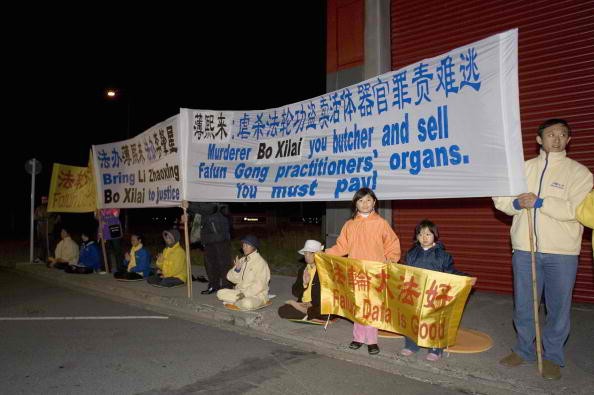Controversy arose when the Vatican invited China on an organ trafficking summit, despite the country's known record of harvesting organs from detained or executed prisoners. Nonetheless, the mainland stressed that it's already changing its ways against forced transplants.
Dr. Huang Jiefu, a former Deputy Health Minister responsible for China's transplant program, assured the Vatican conference that his participation does not aim to erase the country's notoriety for using organs from prisoners in its transplant program, Channel NewsAsia reported.
Huang elaborated that China is currently improving its system for organ donations and transplants, following the country's departure from the practice of sourcing from prisoners in 2015, which remains the subject of ire among human rights and medical ethics groups over transparency issues.
The purpose of China's presence in the Vatican conference, Huang said, is to allow the country to announce its reformed stance on the matter of organ transplants, as well as engage in the exchange of ideas on the matter. Nonetheless, skeptics remained wary of the mainland's current stand on the matter.
Doctors Against Forced Organ Harvesting (DAFOH), an advocacy group against organ trafficking, said that China's lack of clearance proving that illegal harvesting activities is a compromising factor to the conference, calling on the Pontifical Academy of Sciences (PAS) to contest the mainland, the BBC said.
The absence of an independent investigation proving that China is no longer practicing forced organ donations among prisoners invalidates the country's claims that it is already taking key steps for reform, DAFOH added.
Huang, for his part, asked that patience be given to China's efforts at reforming its way of doing things over organ donation, saying that the current program, which has yet to mature further, has already led to the closure of 18 medical facilities found guilty of unethical harvesting practices.
PAS head Monsignor Marcelo Sanchez Sorondo came to the defense of China, saying that Huang's presence in the Vatican conference is instrumental for discussions on reforms concerning organ trafficking, which happens typically in developing countries within sub-Saharan Africa.



























